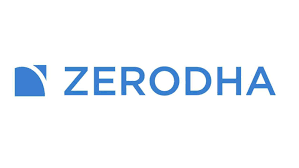The Reserve Bank of India (RBI) has instructed all non-bank Payment System Operators (PSOs) to remain vigilant and report any high-value or suspicious transactions occurring during the ongoing Lok Sabha elections, which commenced on April 19.
In an April 15 letter addressed to non-bank PSOs, the RBI highlighted the potential misuse of various electronic payment modes for influencing voters or funding election candidates. The Election Commission of India (ECI) has expressed concerns regarding this matter and suggested appropriate action be taken.
PSOs, which include entities like payment gateways, aggregators, payment apps, and card networks, are urged to promptly report any such transactions to the relevant authorities or agencies in accordance with the ECI’s guidelines.
These PSOs encompass a wide range of intermediaries involved in facilitating, processing, and settling online payments between buyers and sellers. This includes card networks such as Visa, Mastercard, and Rupay, payment gateways like Razorpay, Cashfree, and Mswipe, as well as popular payment apps such as Paytm, Google Pay, and PhonePe.
Additionally, firms engaged in cross-border money transfer, ATM networks, Prepaid Payment Instruments (PPIs), instant money transfer, and various payment systems like TReDS and BBPS are also covered by this directive.
Furthermore, the ECI has mandated banks to submit daily reports on suspicious transactions throughout the election period. This initiative aims to monitor and prevent the misuse of money power, ensuring the conduct of fair and transparent elections.
To bolster these efforts, the Income Tax Department in Pune has established a control room to monitor and prevent the misuse of funds during the election period. Additionally, restrictions have been imposed on the movement of cash in bank vehicles after sunset.
The 2024 Lok Sabha elections are scheduled to be held in seven phases, concluding on June 1, with vote counting set for June 4.



